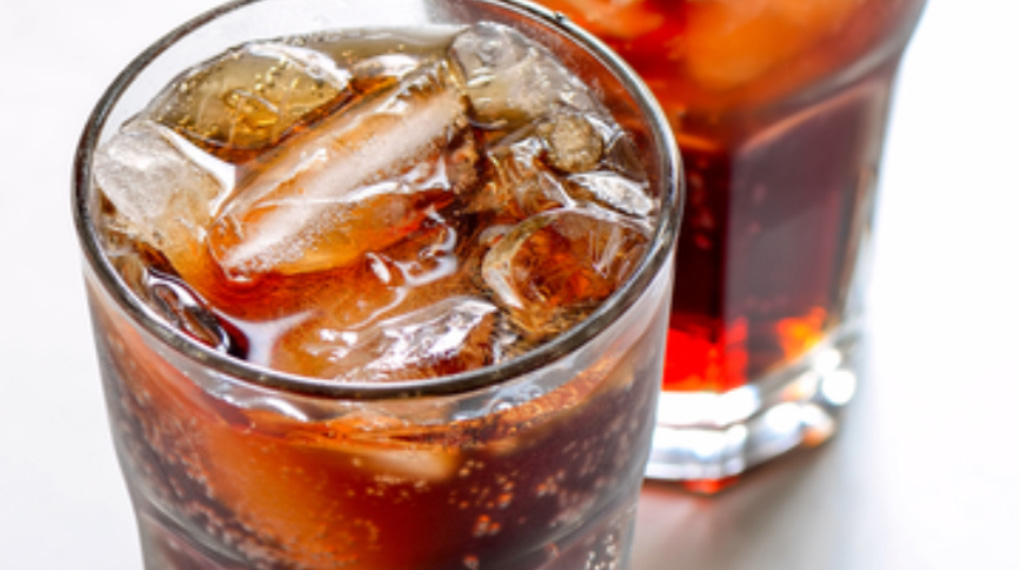Dietary and nutritional content reviewed by Jasmin Gorostiza, DT, DM, DSS, CFPP.️

For people who drink diet soda on a regular basis, findings from this long-running Framingham Heart Study by researchers of the Boston University School of Medicine might come as a shock.
After all, isn’t diet soda the healthier alternative to the original sugar-loaded soda formulations?
The researchers, led by Matthew Pase, studied more than 4,000 people for their report, published in the journal Stroke.
According to Pase:
“We found that those people who were consuming diet soda on a daily basis were three times as likely to develop both stroke and dementia within the next 10 years as compared to those who did not consume diet soda.”
Perhaps the study is another piece of evidence that diet drinks are not as healthy as they are made to be. For years, diet soda has been thought of to be a healthier option to sugar-rich beverages.
Pase also adds:
“To our knowledge, our study is the first to report an association between daily intake of artificially sweetened soft drink and an increased risk of both all-cause dementia and dementia because of Alzheimer’s disease.”
According to the team, they did not ask the subjects the type of artificial sweetener that they used. The sweeteners in the diet sodas where likely saccharin, acesulfame, aspartame, neotame, or sucralose.
Should Diet Soda Drinkers Switch Back To Regular Soda?
Before jumping into any conclusions that soda drinkers are better-off drinking regular soda, here are some additional findings of the study.
The team added that they were surprised to not have found the same stroke or dementia risk for sugar-sweetened beverages. However, they had some troubling findings with regard to the consumption of sugary drinks:
“We found that those who more frequently consume sugary beverages such as fruit juices and sodas had greater evidence of accelerated brain aging such as overall smaller brain volumes, they had poorer memory function and they also had smaller hippocampus, which is an area of the brain important for memory consolidation.”
Dr. Kathryn Rexrode, an associate professor of medicine at Harvard-affiliated Brigham and Women’s Hospital reacted to the study and said:
“Although the latest study didn’t detect a higher stroke risk from sugary beverages, that certainly doesn’t suggest they are a better choice than diet sodas. Many studies have already shown that drinking sugary beverages on a regular basis can lead to weight gain, diabetes, high blood pressure, heart disease, and stroke.”
Julie Corliss, Executive Editor of the Harvard Heart Letter suggested an explanation as to why sugary beverages weren’t linked to stroke in the study. She wrote:
“In fact, one possible explanation why sugary beverages weren’t linked to stroke in the recent study might be a phenomenon known as survival bias. In this case, that would mean that people who drank a lot of sugar-sweetened beverages may have died earlier from other illnesses such as heart disease.”
She adds:
“Conversely, diet beverages may have shown a link to stroke because of a different issue, called reverse causation. In an attempt to be healthier, people who are overweight or have diabetes may be more likely to choose diet drinks over sugary ones. Their heightened stroke risk may result from their health problems rather than their beverage choice.”
Dr. Rexrode agrees,
“We might just be measuring the residual impact of obesity and diabetes.”
So, should we completely avoid both diet and regular sodas then?
Body Of Evidence Regarding Drinking Soda
Based on evidence of studies done to prove or disprove the long-term effects of drinking diet or regular sodas, it appears that we should really avoid them entirely.
Now if we cannot avoid them entirely, at best, try to keep them at a minimum. Probably a little diet or regular soda once in a while should not hurt, right?
Well, better yet. Stick to plain old, clean refreshing water. It’s a smarter choice with proven long-term health benefits.
Sources: NBCNews.com, Harvard.edu, and AHAJournals.org

